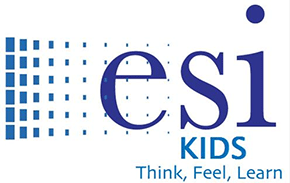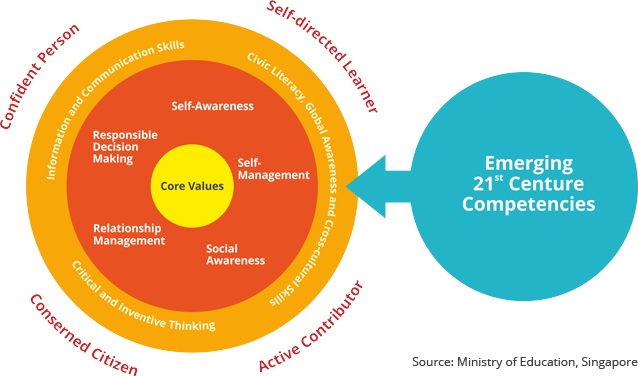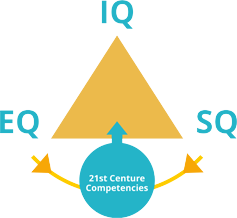 ESI is a solid foundation for future academic achievements. It is learning how to learn, how to solve problems. It is a child learning how to achieve goals, how to overcome challenges, and forming the habit of getting results.
ESI is a solid foundation for future academic achievements. It is learning how to learn, how to solve problems. It is a child learning how to achieve goals, how to overcome challenges, and forming the habit of getting results.
ESI is developing the social and language skills needed for successful business and social relationships. It is a well-grounded child, building leadership skills for the future. It is developing perseverance in the face of adversity, and the resilience to handle life’s inevitable set-backs. It is the path to individual integrity and responsible decisions making.
ESI is nurturing critical thinking. It is a child who is happy, positive, and motivated. It is founding self-confidence, and the language ability to express thoughts and opinions confidently. It is growing acceptance of the diversity found in a global world. It is learning to communicate effectively.
Mission Statement
We will provide holistic development for every student through the medium of language, and by nurturing virtues such as:
- Respect
- Responsibility
- Integrity
- Caring
- Resilience
- Harmony
We will teach language skills using the best practices and the best curriculum available.
We will provide ample opportunities for students to put their skills into practice, ensuring that students will be able to succeed academically, live a moral life, and utilise their skills in real-life applications.
We will ensure, by combining both character development and knowledge and putting them into practice, that students will have a solid foundation from which to achieve a higher level of success in school and beyond.
Vision Statement
ESI KIDS aims to develop the whole child, by nurturing emotional intelligence, social intelligence, enriching IQ, and providing the opportunities for students to become a lifelong learners.
The ESI Approach
An experiential learning approach is used at ESI, meaning that it addresses the needs of each learner and actively involves them in the learning process through purposeful activities.
An experiential learning classroom provides a positive learning climate, makes the purposes of learning clear, and balances the intellectual and emotional components of learning to ensure that the learner develops a full set of 21st Century Competencies for future academic, professional, and social life.
The role of ESI KIDS

ESI KIDS aligns with and complements the refreshed Kindergarten Curriculum Framework recently developed by the MOE. This now emphasises the importance of holistic development of children, the need to build confidence and social skills during the pre-school years, and the need to develop learning dispositions to prepare the children for lifelong learning.
Further, in doing this, ESI KIDS also fulfils the learning gap by building a solid foundation of 21st Century Core Values in social and emotional competencies (respect, responsibility, integrity, care, resilience, and harmony), by using language related to social and emotional themes.
The role of ESI KIDS
This is done in line with the iTeach framework:
i – for Integrated learning
T – for Teachers as supporters of learning,
e – for engaging children in learning through play
a – for ample opportunities for interaction
c – for children as active learners,
h – for holistic development
In this way, learners build language skills along with social and emotional resilience.

Integrated Approach To Learning

Teachers Are Facilitators of Learning

Engaging children in learning through purposeful play

Authentic learning through quality interaction

Children as constructors of knowledge

Holistic development
ESI KIDS: Communicating Effortlessly
Until the development of ESI in 2006, children could not communicate effortlessly.
The absence of any structured development of language through topics centred around values such as respect, individual responsibility, personal integrating, resilience, caring for others, or life skills of social and self-awareness, relationship building, self-management and responsible decision making was not met.
ESI KIDS address this absence by teaching competencies such as ”EQ and SQ” vocabulary, social language skills, and EQ and SQ based copies strategies.
 Teaching of competencies in line with the MOE framework
Teaching of competencies in line with the MOE framework
Teaching of EQ and SQ vocabulary and language
Developing core EQ and SQ coping strategies and skills
EQ and SQ all for sustainable academic success

